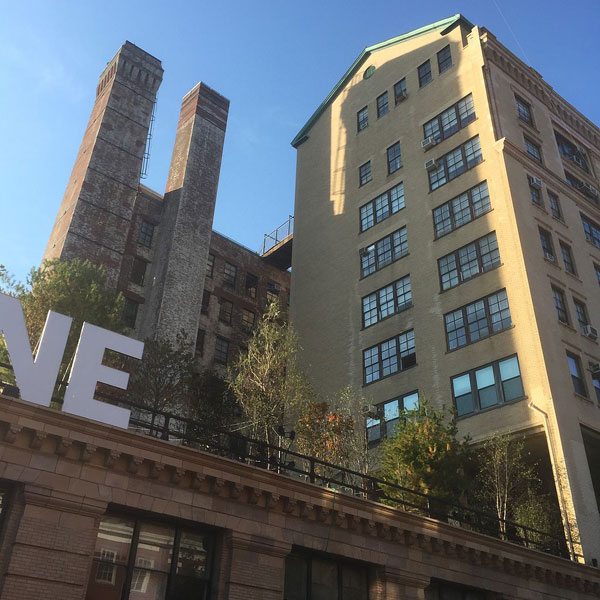
December 5, 2017; CityLab
“Lofts and studios for low-income artists may suffer a major blow if the Republican effort to overhaul the tax system is signed into law,” writes Kriston Capps for CityLab. Capps elaborates:
An amendment to the tax bill passed by the Senate would strike artists’ housing from the list of qualified groups who can benefit from federally subsidized low-income housing. If the provision makes its way into the tax bill that moves on to the White House, it would forbid developers from using housing credits to build affordable housing with a preference for artists.
Now, one can make arguments both for and against supporting artist housing. Capps does both:
Developers in Baltimore, Minneapolis, Harlem, Houston, Pittsburgh, and scores of other places have used federal tax credits to build affordable lofts and studios exclusively for artists whose income falls below median levels. Such efforts have been lauded as a critical way to help preserve and support a city’s cultural community, especially in cities like New York that are experiencing an affordability crisis … But they have also garnered criticism: Artists tend to be much whiter and require less assistance than other residents of low-income housing. According to a 2016 report by the Institute on Metropolitan Opportunity at the University of Minnesota, most of the residents (82.4 percent) of artists’ housing in Minneapolis and St. Paul are white.
In NPQ, Eileen Cunniffe has written about how tax credits have helped finance live/work spaces that preserve artist communities. This would be lost if the provision passes into law.
But there’s more! Capps notes that “the law would also render all existing artists’ housing developments built with housing credits retroactively ineligible [emphasis added] for the benefit—creating a sudden tax liability for the investors who have used these credits for years.”
Sign up for our free newsletters
Subscribe to NPQ's newsletters to have our top stories delivered directly to your inbox.
By signing up, you agree to our privacy policy and terms of use, and to receive messages from NPQ and our partners.
“Bankers and other investors, not artists, would pay the immediate price,” adds Capps. Peter Lawrence, director of public policy and government relations for Novogradac and Company, an accounting and consulting firm, explains:
There is a lot of concern out there in the housing credit community for all the existing artist housing that is potentially subject to tax credit recapture. I think, once tax policymakers are aware of those potential consequences, there will be pressure to try to address that … We do have limited time, and there are lots of people trying to get fixes to various provisions in either the House or Senate tax bills. There is going to be a capacity problem, in that there’s only so much that tax staff can try to work on at any one time.
How did this provision come to be? Well, Capps explains:
The change comes in the form of an amendment introduced by Senator Pat Roberts, the Republican senior senator from Kansas. His amendment, which passed with the Senate tax bill at 3:00 a.m. on Saturday, includes a simple line-for-line language swap. Where current law carves out a special exception for individuals “who are involved in artistic or literary activities,” the new bill would instead specify a benefit for those “who are veterans of the Armed Forces.”
By eliminating the advantage for artists and giving it to veterans instead—without changing any other language—all artists’ housing developments built with tax credits could soon be on the wrong side of the law.
“At the same time,” Capps notes, “it’s not clear that housing for artists is mutually exclusive with—or even in competition with—housing for veterans.” This is not to say that veterans do not merit support. “The US Department of Housing and Urban Development estimates that that some 40,000 veterans are homeless on any given night, and another 1.4 million veterans are considered at risk for homelessness,” writes Capp.
Capps adds, “Roberts’s amendment may number among the many provisions of the legislation whose unintended consequences are just coming to light. With this amendment, banks and other investors who purchased tax credits legally could see their investments in housing credits challenged, canceled, or even recouped by the Internal Revenue Service.”—Steve Dubb











